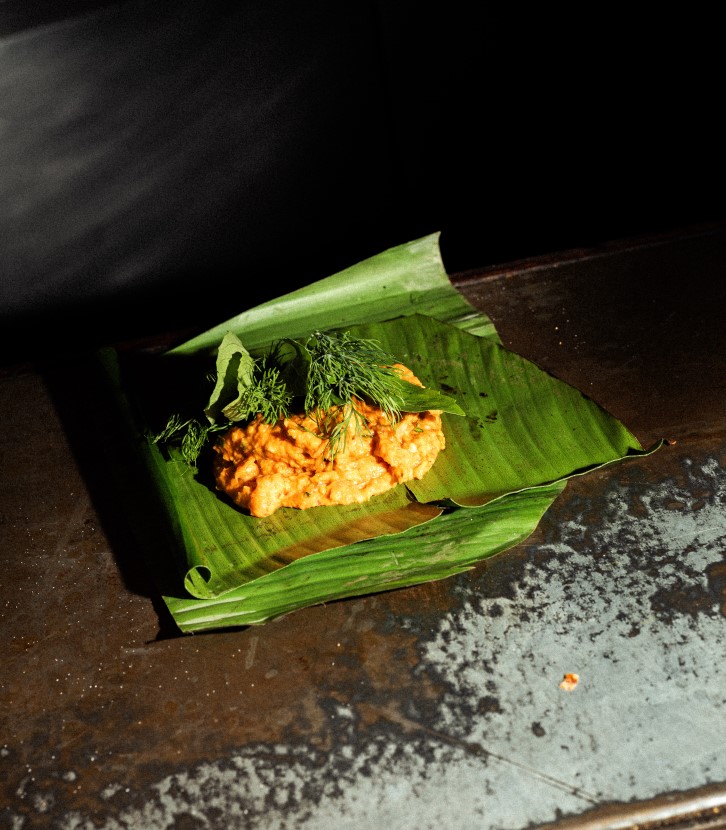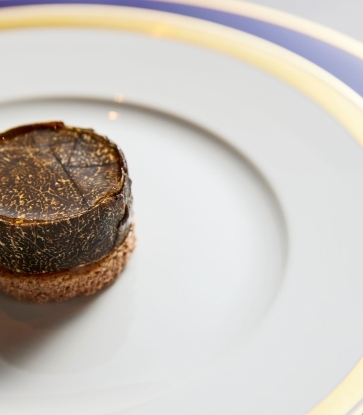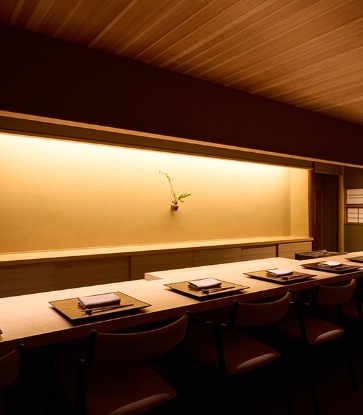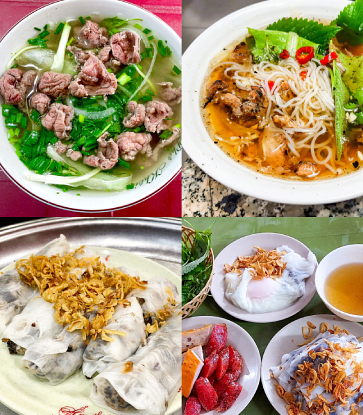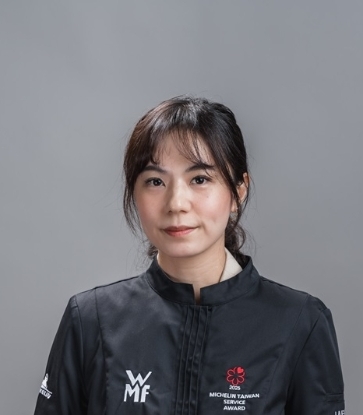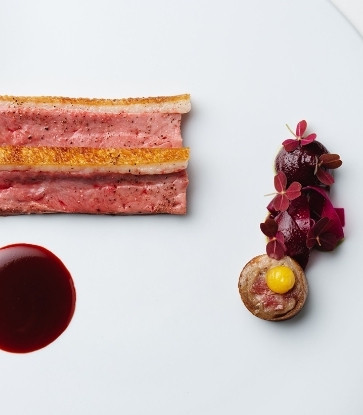Ushered briskly into Serenity, we were seated and served a cup of freshly brewed pu’er, steam rising skyward from the amber-hued liquid, bringing with it an exhilarating scent of oolong tea and floral notes, none of the musty smells from lesser tea leaves.
“This the Yunnan dry storage pu’er, made from the tea leaves of century-old trees through the processes of hand-kneading and fermentation,” says restaurant owner Tracy. “After all, serving food with a conscience is the backbone of vegetarian cuisine, and using such premium tea is our way of showing respect to our diners.”
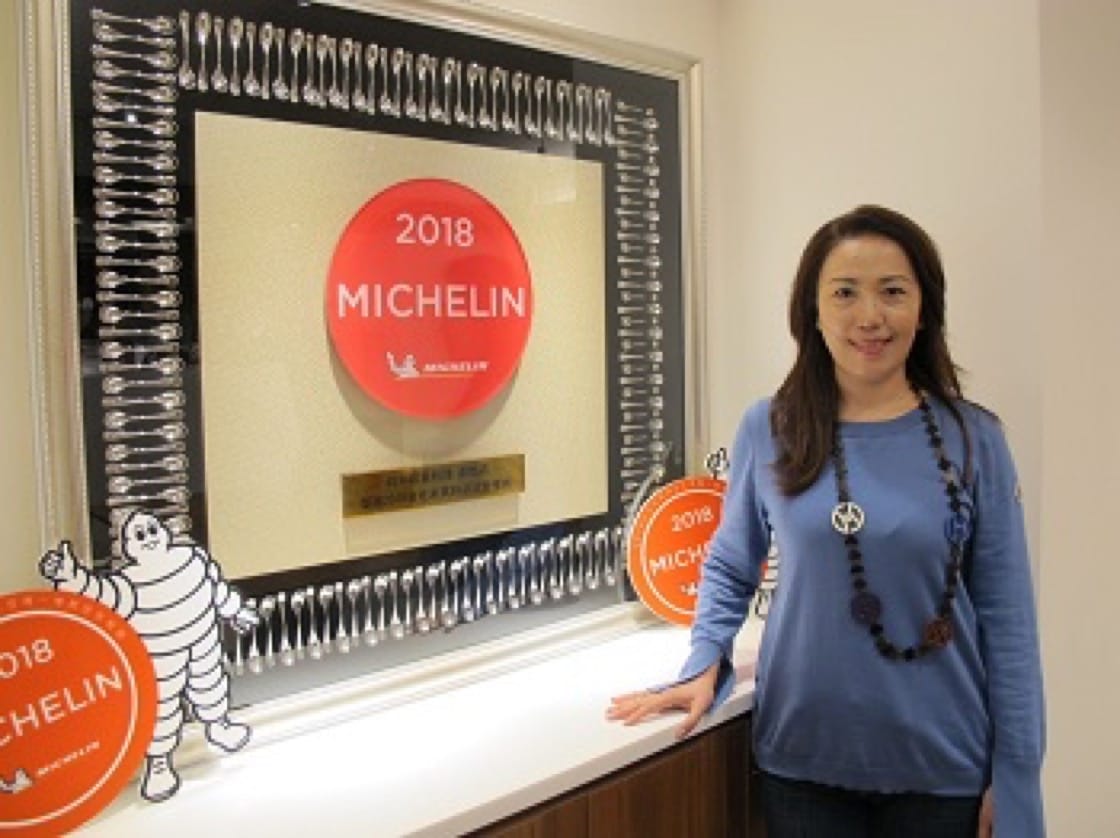
The Chinese inscriptions on the tin of tea also hint at Tracy’s religious background. She has been a loyal follower of Tibetan Buddhism since 2000, when she returned to Taiwan from the United States. One of the key principles of her belief, her vegetarian lifestyle soon began to influence her family’s way of eating, even though they ran a meat-centric restaurant at that time.
However, old habits die hard, and despite adopting a new outlook in life, her taste buds were accustomed to bold, intense flavors, and what was available on Taiwan’s vegetarian food scene still came up short.
Capturing the essence of Sichuan cuisine creatively
“The impression that Taiwanese people have of vegetarian food is that it should be light and clean with oil and salt kept to a minimum. Cooking techniques are also often limited to simple stir-frying or deep-frying, while sauces are made by thickening with starch. About 10 years ago there was even a trend for high-end vegetarian buffets, but as colorful as the dishes were, they still lacked variation in flavor,” Tracy notes.
Passionate about changing that impression, she decided to open a vegetarian Sichuan restaurant with her family to serve the flavorful, spicy dishes she loved.

Translating Sichuan cooking to purely vegetarian cuisine proved to be a challenge. Sichuan cuisine is built on four flavor profiles: spicy, fresh, fragrant and the buzzing numbing sensation from Sichuan peppercorn. The flavors are bold, but experienced Sichuan chefs are able to deftly deliver complex layers of flavor with spices and seasonings.
Buddhist vegetarianism omits the use of certain aromatics such as spring onion and garlic which are essential to Sichuan cuisine. But Serenity has found creative workarounds: basil and coriander feature prominently while a dizzying range of flavors are created with Sichuan pepper, ginger, various peppers, chilies, vegetarian shacha sauce, five spice powder and even curry powder.
Most of the cooking staff in the Serenity kitchen come from regular Chinese cuisine backgrounds and do not have a fully formed ideas about what vegetarian food should be. This is actually a blessing in disguise as they do not have preconceived notions about vegetarian cooking. The goal is to use the ingredients compliant to the rules of Buddhism to recreate the familiar flavors in meat-based dishes, while making them visually appealing at the same time. For the chefs, the training includes trips to the Sichuan region of China to learn from the locals, especially with regards to cooking with chili and spices.

Vegetarian food as good as its meaty counterparts
A popular dish that almost every table orders is vegetarian “intestines” sautéed with basil leaves. Its reference is the popular basil and fallopian tube stir-fry found all around in Taiwan. The cooking process is complicated –king oyster mushroom needs to be blanched first to remove its earthiness and then shredded by hand and rolled into tubes that resemble the original intestines. After that, the mushroom is cooked in master stock to take on deeper color and flavor, and then deep-fried till golden and fragrant. Upon receiving an order, the chef stir-fries the prepared mushrooms with ginger, basil and chili until the moisture dries up.
The deep-fried mushrooms are crispy on the outside and fragrant and satisfyingly springy on the inside, complementing perfectly the spicy salt and pepper sauce aromatic with basil. Beyond being an imitation of the original dish, it is a successful reinterpretation showcasing the chef’s play on seasoning and texture.
Another dish that regulars gravitate to is Taiwanese stinky tofu, a polarizing dish of fermented bean curd with a strong odor. “The fermentation time of the stinky tofu is crucial. Too short and the tofu will not be smooth enough to absorb the broth. Too long and the tofu falls apart too easily,” Tracy explains.
Serenity’s rendition of stinky tofu is steamed and served hot — servers remind diners to eat it while it is hot and the tofu is at its moistest. The tender tofu is striking in its gentle sweetness, having absorbed the flavor of the savory broth.

The restaurant menu also offers vegetarian versions of kung pao chicken and sweet and sour chicken that look and taste like the real thing. The kung pao “chicken” is a colorful composition of red chili, mock chicken, crunchy peanuts and the green tender shoots of citron daylily. More than just a substitute for spring onion, the cooling nature of the shoots helps neutralize the heat of the chili,” Tracy explains.
A renewed sense of motivation
As a vegetarian establishment, many classic items on Serenity’s menu still fit into that light flavour profile, focusing on the freshness of the ingredients. On the other end of the spectrum, bold creations like the northern Chinese staple of pressed tofu and cabbage is given an upate with Italian truffle sauce.
Having been in the vegetarian restaurant business for 12 years, Tracy admits that a lot of people still have preconceived notions on what Sichuan and vegetarian food should be. In the first few years, Serenity was not received particularly well by the customers. But things have taken a turn for better in recent years. Not only has the restaurant gained praises from diners, its inclusion in the MICHELIN Guide with a Bib Gourmand distinction has been encouraging to Tracy, who went on to open a second branch. What remains constant is her intention to prepare impressive vegetarian food using the freshest produce.
This story is written by Zheng Qian-yu and translated by Vincent Leung. Click here to read the original article.



